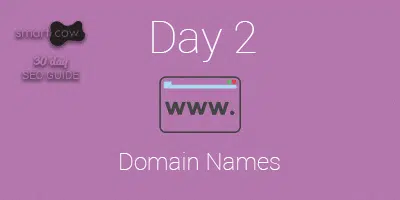A URL is a Uniform Resource Locator, its job is to locate resources in a web page. A URL is a formatted text string used by web browsers, email clients and other software to identify a network resource on the internet. Network resources are files that can be plain Web pages, other text documents, graphics or programs.
There are two different types of URLs, absolute and relative. Here’s how you should use them:
If you’re creating a document that you want everyone, anywhere in the world to be able to access, then you need to make it an absolute URL. An Absolute URL will point you directly to the file/directory on the internet. It also means that if you have two URLs that are the exact same, they will point to the same file.
If you’re creating links to other files on the same server you need to use a relative URL as you’re already in the location the link is going to be.
URL Strings consist of three substrings:
- Network protocol
- Host name or address
- File or resource location
These substrings are separated by special characters:
Protocol:// host/ location
The protocol substrings are used to define a network protocol to find a resource. These strings are short names followed by three characters ‘://’. Typical protocol names are:
http:// ftp:// mailto://
The host substring identifies a computer or other network device. Hosts come from standard internet databases such as the domain name systems (DNS) and can also be names or an IP address. For example smartcowmarketing.com/home.aspx is the host for our site.
The location Substring is anything to after the domain suffix (‘.com’ etc.) For ‘smartcowmarketing.com/home.aspx’ the section of our URL highlighted in bold is the location of where you are in the website, in this example you would be at the home page.
Here is a list of the different resource prefixes:
- Http – a hypertext directory or document (such as a Web page)
- ftp – a directory of files or an actual file available to download
- Gopher – a gopher document or menu
- Telnet – a Unix-based computer system that you can log into
- News – a newsgroup
- WAIS – a database or document on a Wide Area Information Search database
- file – a file located on your hard drive or some other local drive
Digital marketing agency Surrey
If you need a helping hand with your digital marketing strategy, get in touch with us at Smart Cow Digital Marketing for expert advice on how to conduct an effective digital marketing campaign!
Services we offer include web design and development, SEO, Pay Per Click (PPC), social media management through to CRM and marketing automation.



